Project Overview
Funded by the EU Horizon Europe programme, Cure4Aqua is a €4.8 million, 4.5-year project that will develop new approaches to prevent aquatic fish diseases by introducing and validating novel technologies for early detection of diseases, while also supporting the advancement of alternative treatments to replace pharmaceuticals in disease control.
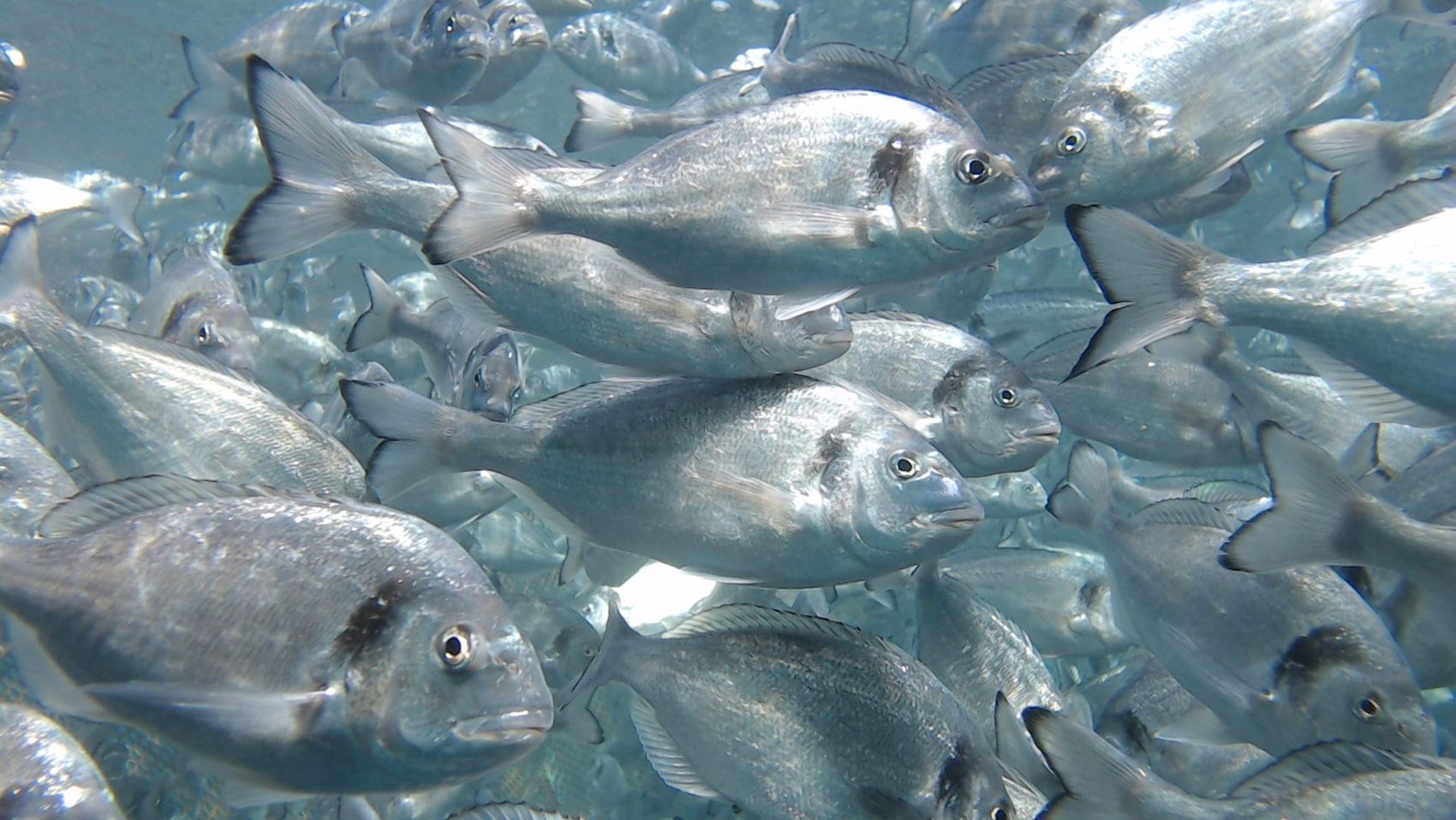
Horizon Europe
Research and Innovation Action (RIA)
Biosecurity, hygiene, disease prevention and animal welfare in aquaculture
November 2022 – April 2027
31 partners in 16 countries
BCAS, Czechia
€4.8 million (EU contribution: €4.8 million)
Farmed seafood is an important source of protein for food and animal feed, with a low-carbon footprint, essential to help build a sustainable food system. However, the control of pathogens continues to be a major challenge for the sector. This is particularly relevant for Europe, where there is a great variety of species and production systems, which hinders the implementation of good husbandry practices tailored to each aquatic species. Cure4Aqua will develop new approaches to prevent aquatic fish diseases through technologies for early disease detection, while also supporting the advancement of alternative treatments to replace pharmaceuticals in disease control.
Develop cost-effective vaccines to prevent diseases in farmed fish
Implement selective breeding programmes to improve stress and disease management
Develop innovative, bio-based and sustainable alternatives to antibiotics for controlling fish diseases at various life stages
Develop new tools and technology to improve fish health and welfare
Improve diagnostics of fish pathogens
Place fish welfare as a priority of aquaculture production by developing high welfare standards that consider different life-stages, production systems, and knowledge of welfare needs
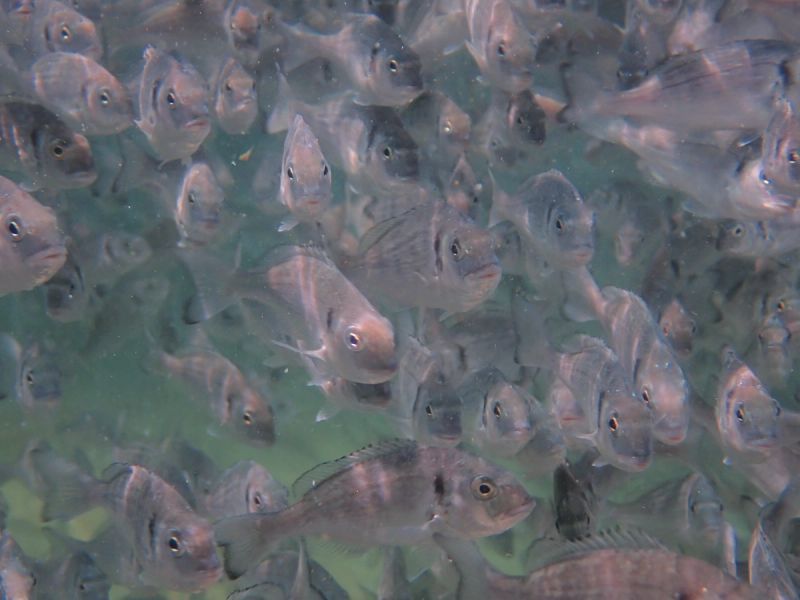
01
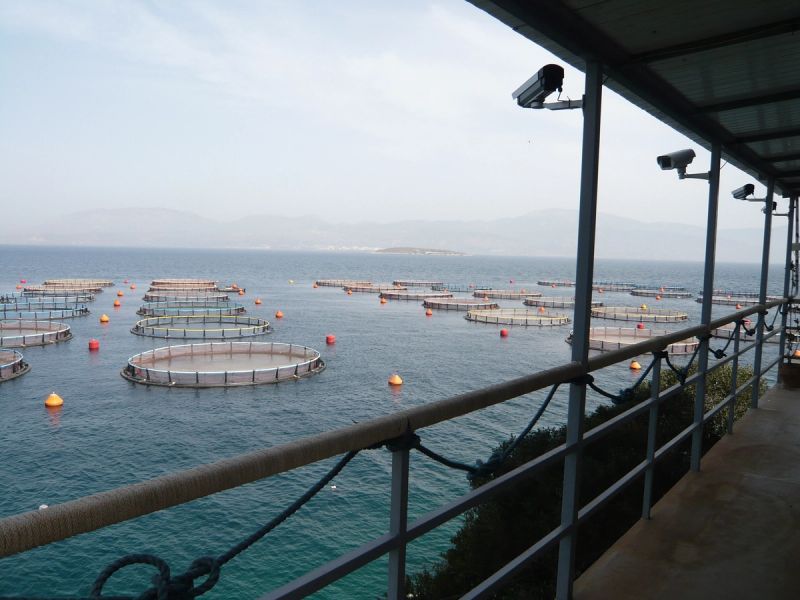
02
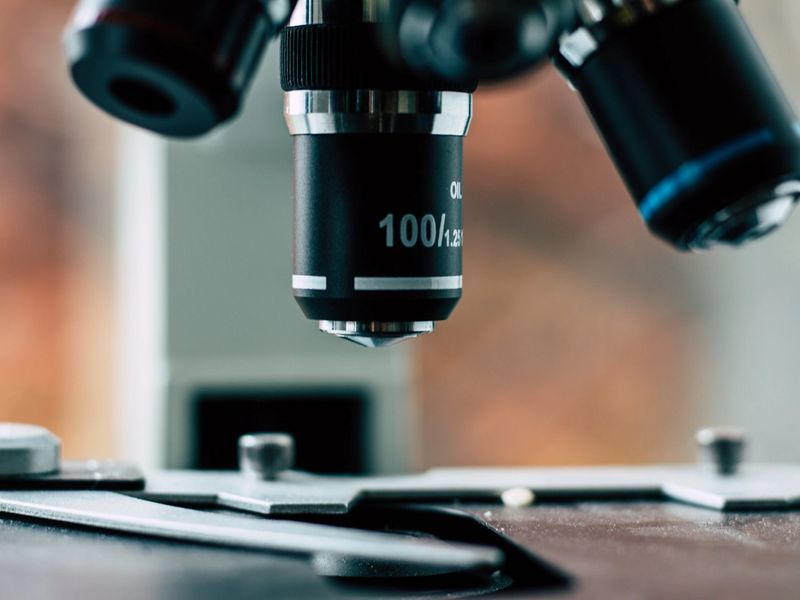
03
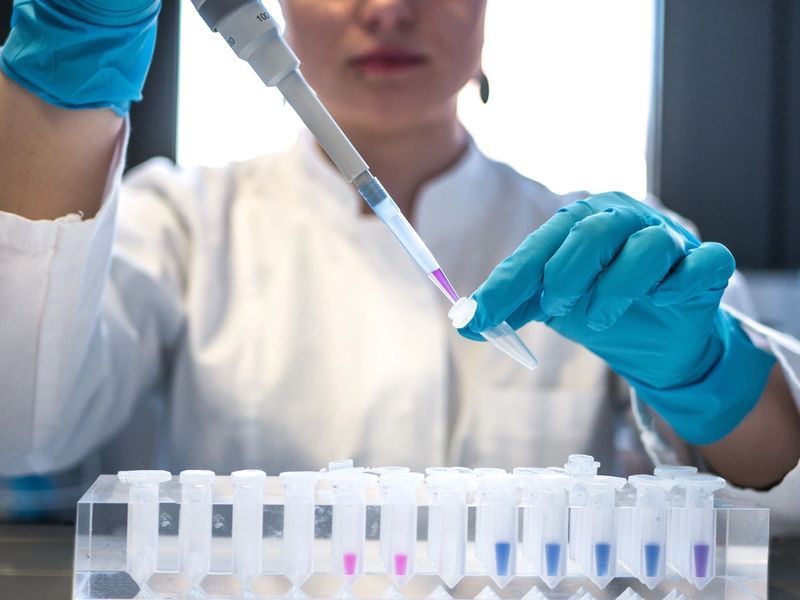
04
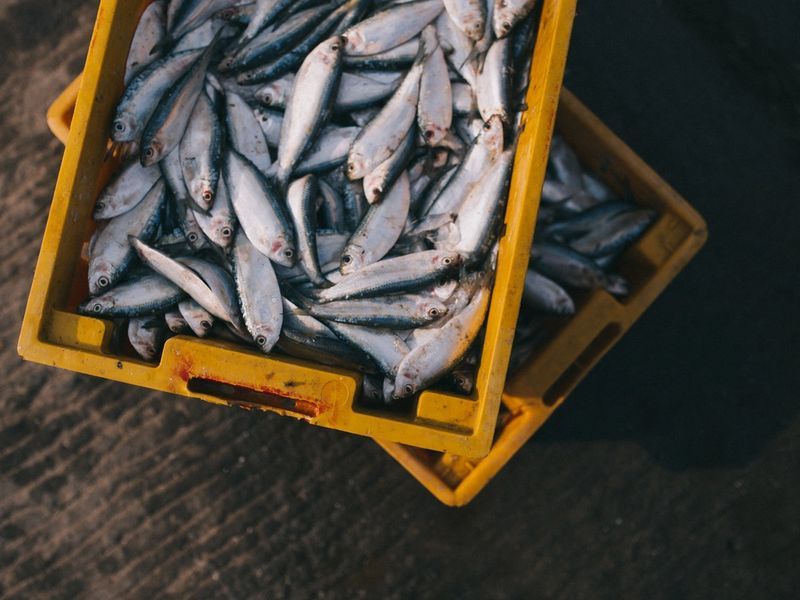
05
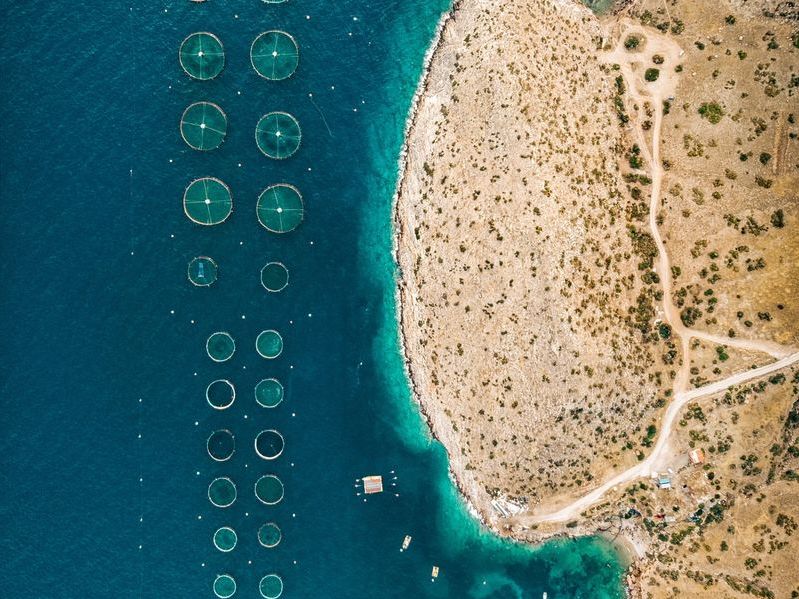
06
- Increase aquatic biomass production
- Diversification of aquaculture species farmed in Europe
- Resilience of aquaculture industry against pathogens, climate change effects and other threats
- Establishment of higher welfare standards in aquaculture
- Lower impact on aquatic ecosystems and positive impact on human health
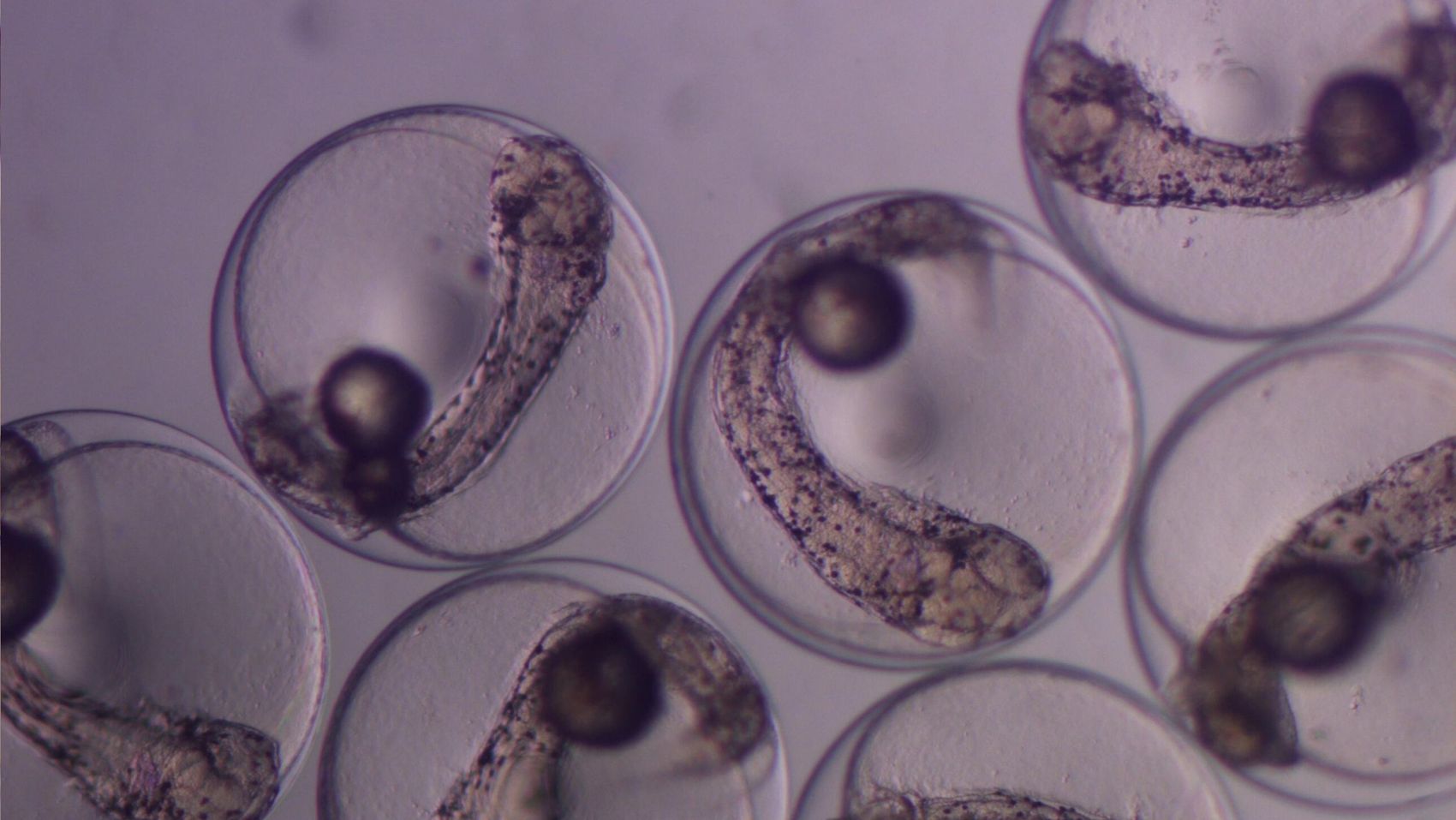
Through eight Work Packages, the project will inspire and enable an efficient and cost-effective control of pathogens in the aquaculture industry.
